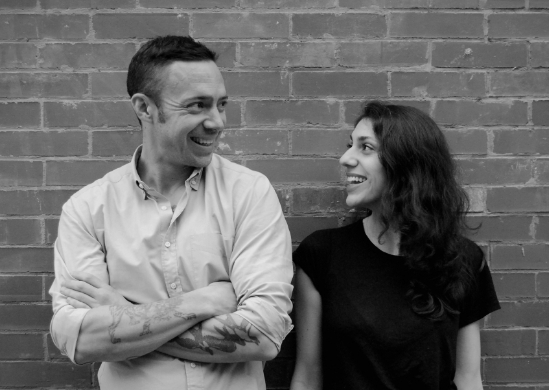The boy’s story begins when his mother’s ends. Having spent his childhood in seclusion with his mother as his only companion, he suddenly finds himself alone, and somehow understands that in order to survive, he must find other people, find a way to join them in living. He knows the buzzing of insects, the silvery glint of the waves of the sea. He knows how to read the weather on the horizon, how to build fire from nothing. But he knows nothing of society, of customs, of borders.
He will never learn to speak, but the people he meets and especially those who take him in along the way will teach him countless other things: how to be a showman, how to love, how to fight. One day the boy will end up back in nature, his true home, but he’ll have to live through the war before then, through its tragedies and deaths, its violence and its friendship, its boredom and its consequences.
The boy’s story is also the story of France and the French people in the decades surrounding World War I, but these macro themes are approached on the micro level, through each individual sentence. This book is the amalgamation of thousands of sentence-sized revelations. The author’s phrases are brisk, to the point, bare, and yet they glimmer. He does so much with such economy of words. His descriptions are searing, concise, contained. There are no baroque metaphors or flowery descriptions in this book. The boy has no use for them. The war has no use for them. And yet the beauty of the author’s descriptions jumps off the page.
This way of writing made Marcus Malte’s The Boy an easier book to co-translate than some others. There are always so many choices packed into even the barest of sentences, but the specificity and the voice here were so compelling and commanding; there was not a lot of room for argument. We started by splitting up sections, and agreed to check in at various points to make sure our voices and tones matched up. This quickly proved to be unnecessary. Malte sets the tone from the first page, the first sentence, the first word. The orbit of his narrative pulled us to the same axis every time.
Translating The Boy was energizing, each sentence a surge, a neat package to put on the page, each phrase its own gift. No long sentences that leave a translator exhausted by the end. Little jolts of electricity at each page. Smaller plot points stacking on top of each other to add up to this opus, this stunning and astounding commentary on war and society and humanity. On what people do to survive in societies that appear destined for nothing less than utter destruction. On the toll that individually experienced horrors have on an entire generation of people. It’s only a matter of time before we start to turn on each other. What else to do but return to the woods?
Co-translating often involves Skype conversations, emailed questions, hours-long phone calls, winded debates. But this was different. The two of us share a home. Our co-translating involved shouts of ideas across rooms. Plopping down on the couch to run through a series of flagged questions over breakfast. A drowsy debate as we fell asleep, sometimes forgetting the solution we’d come up with in a state of semi-slumber. Track changes comments of simply “Will explain what I mean tonight over dinner.”
There was also less politeness. What might have been “Hm. Not sure I agree with you here. We could ask a third party?” turns into “Trust me on this one—my version is correct.” What is often “Okay, I’m fine keeping the phrase you want here, but then do you mind if we change what I wanted in the paragraph above?” becomes “Fine—you win here, but I’m changing what I wanted in the last paragraph.” And we can laugh about mistakes caught while editing rather than maintaining the facade of professionalism.
There is also more intimacy. Learning from comments and specific word choices how the other person thinks, or speaks. Noticing that Tom often uses the word “moment” in conversation and seeing it appear in the translation where Emma would have written “instant.” Picking up that Emma often uses Frenchisms like “corner of the street” instead of “street corner,” and so Tom starts to point this out in their day to day lives so she is more conscious of it on the page. Seeing that Emma crosses out words that make her cringe in their bookstore’s newsletter and in her translations, whereas Tom continues to insert them in both. Noticing that Tom hates to discuss work in the morning, but Emma can’t think clearly once the sun goes down. There is so much you can learn about a person from watching them recreate words on a page, observing how they mimic worlds and study characters. They say translation is the closest kind of reading, the nearest you can get to a text, or an author. We say co-translation might be the best way to draw nearer to each other.
Emma Ramadan and Tom Roberge are the translators of Marcus Malte’s The Boy. They live in Providence, Rhode Island, where they co-own Riffraff bookstore and bar.




By Marcus Malte
Translated from the French by Emma Ramadan and Tom Roberge
With a Preface by Julie Orringer
Winner of the prestigious Prix Femina, The Boy is an expansive and entrancing historical novel that follows a nearly feral child from the French countryside as he joins society and plunges into the torrid events of the first half of the 20th century.
Paperback • ISBN: 9781632061713
Publication date: Mar 26, 2019